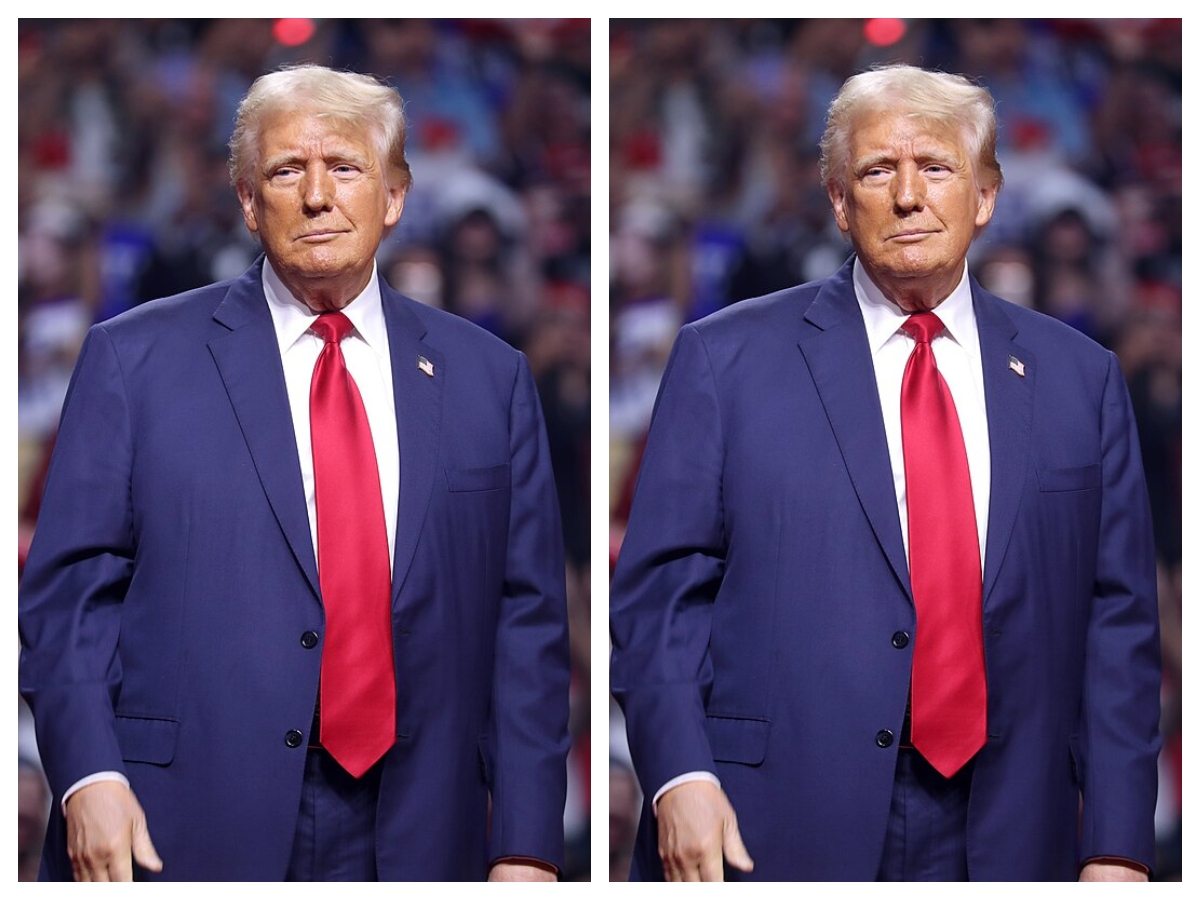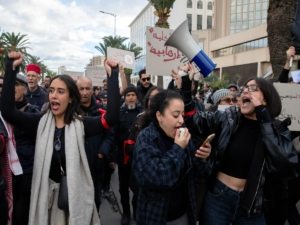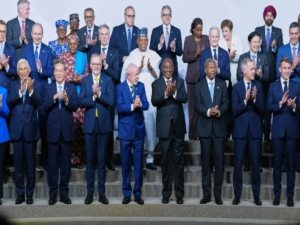A threat from President Donald Trump to cancel temporary legal protections for Somali nationals living in Minnesota has unsettled one of the state’s most established immigrant communities and raised immediate questions about whether such an order could survive legal scrutiny.
Trump announced late Friday on Truth Social that he would “immediately” remove Temporary Protected Status for Somalis in Minnesota, a program that shields eligible immigrants from deportation. His post quickly triggered concern among local leaders and immigration advocates, who argued that the proposal reads more like political theater than a policy grounded in federal law.
Heidi Altman, policy director at the National Immigrant Justice Center, dismissed the idea as unworkable. “There’s no legal mechanism that allows the president to terminate protected status for a particular community or state that he has beef with,” she said. In her view, Trump’s remarks fit into a pattern. “This is Trump doing what he always does: demagoguing immigrants without justification or evidence and using that demagoguery in an attempt to take away important life-saving protections,” she added.
READ ALSO: U.S. ends temporary protected status for South Sudan as political instability persists
Federal officials have until mid-January to decide whether TPS for Somalis nationwide will be extended or revoked. Yet the federal program covers only a small share of the Somali population in Minnesota. A congressional report released in August put the number of Somalis with TPS at 705 across the entire country, a fraction of the tens of thousands who have settled in the state.
Minnesota Rep. Ilhan Omar brushed off the practical impact of Trump’s claim. “I am a citizen and so are (the) majority of Somalis in America,” she wrote online. “Good luck celebrating a policy change that really doesn’t have much impact on the Somalis you love to hate.”
Even so, community organizations warned that Trump’s message could escalate hostility toward Somali and Muslim residents at a moment when anti-Muslim rhetoric is rising. Jaylani Hussein, who leads the Minnesota chapter of the Council on American-Islamic Relations, said the announcement should not be viewed as a technical shift. “This is not just a bureaucratic change,” he said in an AP report. “It is a political attack on the Somali and Muslim community driven by Islamophobic and hateful rhetoric.”
President Trump also repeated unverified claims about crime, asserting that Somali gangs were targeting Minnesotans and labeling the state a “hub of fraudulent money laundering activity.” Recent federal charges tied to a social-services fraud scheme involve defendants from various backgrounds, including some from Somalia. Minnesota Republican Rep. Tom Emmer responded to that case by writing, “Accountability is coming.”
Gov. Tim Walz countered Trump’s allegation by pointing to Minnesota’s long-standing safety rankings. “It’s not surprising that the President has chosen to broadly target an entire community,” Walz said. “This is what he does to change the subject.”
State leaders signaled they are prepared to challenge any attempt to strip TPS from Somalis in Minnesota alone. Attorney General Keith Ellison said his office is “exploring all of our options,” stressing that Trump “cannot terminate TPS for just one state or on a bigoted whim.” Ellison noted the long history behind Somali migration to Minnesota. “Somali folks came to Minnesota fleeing conflict, instability and famine, and they have become an integral part of our state, our culture and our community,” he said.
TPS for Somalia has been renewed 27 times since 1991, a reflection of persistent instability. Somalia has endured decades of conflict since the ouster of Siad Barre, the rise of clan warfare and the emergence of the al-Qaida-linked al-Shabab militant group, which continues to carry out attacks in Mogadishu and beyond.
Minnesota’s Somali diaspora, one of the largest in the world, has become a central part of the state’s identity. Somali entrepreneurs have revived business corridors in Minneapolis, and Somali Americans have grown increasingly influential in local and state politics. “The truth is that the Somali community is beloved and long-woven into the fabric of many neighborhoods and communities in Minnesota,” Altman said. “Destabilizing families and communities makes all of us less safe and not more.”
Trump’s threat fits within a broader effort by his administration to dismantle humanitarian protections for immigrants. In recent years, the administration has attempted to end TPS for large groups of people, including 600,000 Venezuelans and 500,000 Haitians who were granted protection during President Joe Biden’s tenure, while also seeking to reduce similar programs for migrants from countries such as Cuba and Syria.
READ ALSO: Trump signs bill requiring Epstein file release after fierce opposition










